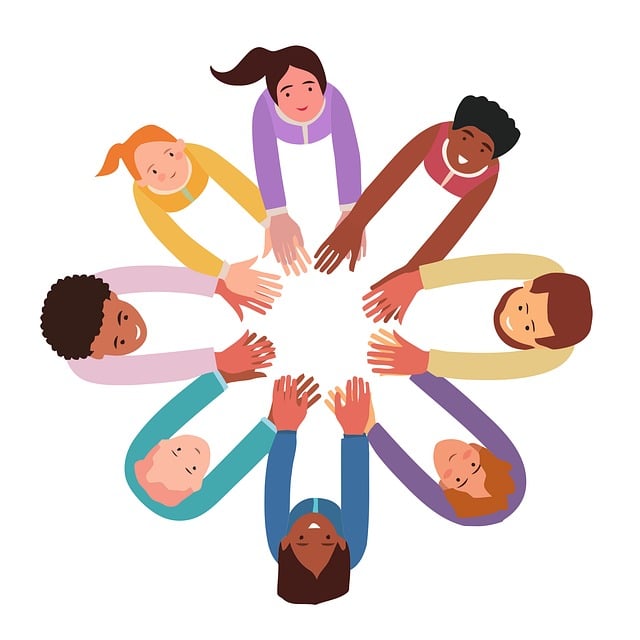In Oregon, child welfare attorneys play a crucial role in protecting vulnerable children within complex systems by navigating foster care, parental rights termination, adoption, and custody laws. Effective collaborations between these attorneys and social workers are key to successful case management. This guide emphasizes open communication, shared goals, and mutual respect to enhance service quality for children and families within the Oregon child welfare system. By prioritizing these strategies, professionals can improve outcomes for vulnerable youth.
In Oregon, child welfare attorneys play a pivotal role in ensuring the safety and well-being of vulnerable children. This comprehensive guide delves into the essential dynamics of attorney collaboration within the state’s child welfare system. From understanding the unique responsibilities of child welfare legal experts to mastering tips for effective communication and partnerships, this resource equips professionals with the knowledge needed to navigate relationships successfully. By fostering strong attorney collaborations, Oregon can enhance its response to children in need.
- Understanding the Role of Child Welfare Attorneys in Oregon
- Building Effective Collaborations: Tips for Working with Attorneys
- Navigating Attorney Relationships: A Guide to Success in Oregon's Child Welfare System
Understanding the Role of Child Welfare Attorneys in Oregon

In Oregon, child welfare attorneys play a pivotal role in ensuring the well-being and protection of vulnerable children within the state’s complex child welfare system. These legal experts navigate intricate laws and regulations to advocate for the rights of children, working collaboratively with various agencies and professionals to deliver optimal outcomes. Their expertise is crucial in matters involving foster care placement, termination of parental rights, adoption, and custody disputes, among other critical issues.
Effective collaboration between child welfare attorneys and other stakeholders is essential for successful case management. By fostering strong attorney partnerships, Oregon’s legal system can enhance the quality of services provided to children and families. This guide delves into strategies for navigating attorney relationships, emphasizing open communication, shared goals, and mutual respect as key factors in achieving positive outcomes for children involved in the child welfare system.
Building Effective Collaborations: Tips for Working with Attorneys

Building Effective Collaborations: Tips for Working in Partnership with Attorneys
In Oregon, when navigating complex child welfare cases, collaboration between social workers and child welfare attorneys is paramount. To ensure optimal outcomes for vulnerable youth, fostering strong attorney partnerships is essential. Child welfare legal experts bring invaluable knowledge and skills to the table, advocating for the rights of children while guiding professionals through intricate legal procedures.
When working with attorneys in Oregon’s child welfare system, open communication channels are key. Establishing clear, consistent dialogue allows for efficient information sharing, reduces missteps, and promotes a cohesive approach. Respecting each other’s roles and expertise, while also encouraging feedback and input, strengthens the attorney-social worker relationship. This partnership guide emphasizes navigating attorney relationships collaboratively, ultimately enhancing service delivery and positive outcomes for children in need.
Navigating Attorney Relationships: A Guide to Success in Oregon's Child Welfare System

Navigating the complex landscape of Oregon’s child welfare system requires a strategic approach, and one crucial aspect is fostering productive relationships with attorneys. Working with legal experts who specialize in child welfare can significantly impact the outcomes of cases involving vulnerable children. This guide emphasizes the importance of attorney collaboration, offering insights into building successful partnerships.
Oregon’s child welfare attorneys play a pivotal role in advocating for the rights of minors and ensuring their safety. When navigating these relationships, it is essential to approach each interaction with clarity and mutual respect. Effective communication, timely responses, and a commitment to confidentiality are foundational elements for any attorney partnership. By fostering an environment of collaboration, legal professionals can work cohesively to provide comprehensive support, ultimately enhancing the well-being of children within the Oregon child welfare system.






